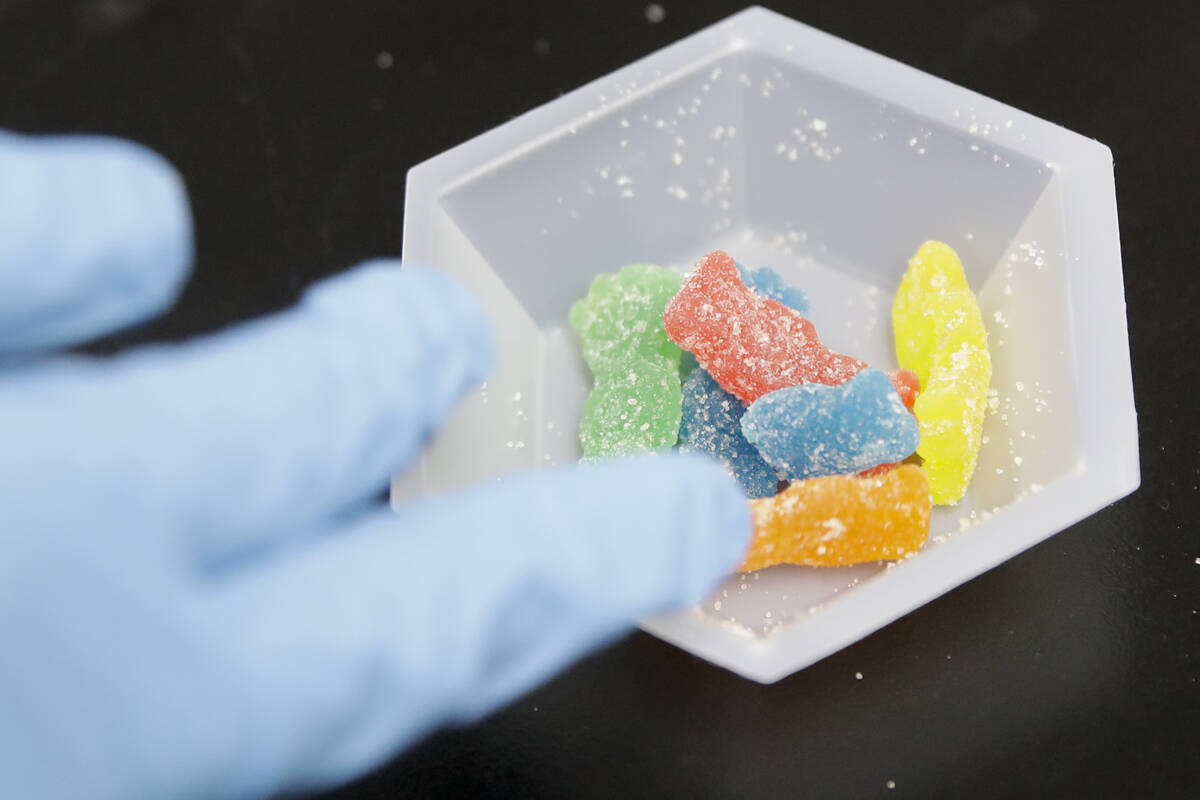More kids sickened by edibles as legal pot grows
The number of younger kids, especially toddlers, who accidentally ate marijuana-laced treats rose sharply over five years as pot became legal in more places in the U.S., according to a study published this past week.
More than 7,000 confirmed cases of kids younger than 6 eating marijuana edibles were reported to the nation’s poison control centers from 2017 through 2021, climbing from about 200 to more than 3,000 per year.
Nearly a quarter of the children wound up hospitalized, some seriously ill, according to a new analysis in the journal Pediatrics.
And those are just the reported cases, said Dr. Marit Tweet, a medical toxicologist with the Southern Illinois School of Medicine, who led the study.
Cases of kids eating pot products such as candies, chocolate and cookies have coincided with more states allowing medical and recreational cannabis use. Currently, 37 states permit use of marijuana for medical purposes, and 21 states regulate adult recreational use.
Tweet called for greater vigilance by parents and for more laws like those adopted by several states to make pot products — often packaged to look like kids’ candies and snacks — less appealing and accessible to children.
“When it’s in a candy form or cookies, people don’t think of it in the same way as household chemicals or other things a child could get into,” she said. “But people should really be thinking of it as a medication.”
Tweet and her colleagues analyzed reports to the National Poison Data System, which includes the nation’s 55 regional poison control centers. More than half of the children were toddlers, ages 2 and 3, the study showed. More than 90 percent got the edibles at home.
“They’re the ones starting to explore and to get up and move around,” she said.
Of more than 7,000 reports, researchers were able to track the outcomes of nearly 5,000 cases. They found that nearly 600 kids, or about 8 percent, were admitted to critical care units, most often with depressed breathing or even coma. Nearly 15 percent were admitted to noncritical care units, and more than a third were seen in emergency rooms. Drowsiness, breathing problems, fast heart rate and vomiting were the most common symptoms.
The results are not surprising, said Dr. Brian Schultz, a pediatric emergency physician at Johns Hopkins Medicine in Baltimore. He previously worked at Children’s National Hospital in Washington, D.C., where he and his colleagues treated kids who had eaten pot edibles “almost on a daily basis,” he said.
Reports and hospitalizations rose during the last two years of the study, during the COVID-19 pandemic. More children were at home, with more opportunities to find pot treats, Tweet said. With marijuana more widely legal, parents may have felt less stigma seeking help from poison centers and health care providers, she added.




















